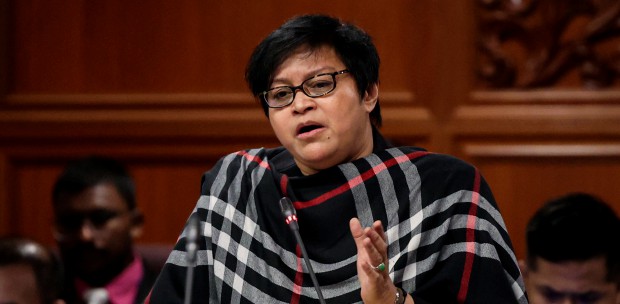Reforming the economy, especially its structural issues, takes time. So much so that talking about the need for structural and holistic reforms to the Malaysian economy seems cliché.
Most economic issues confronting us today can be traced back in the 1980s, and its myriad of miscalculations and policy missteps resulted in the present generation paying the price.
That is the nature of economics and economic policies that everybody has to understand.
While reforming the economy takes time, policy design, strategy formulation, clear action, and plans for the short, medium and long term should not take long. Perhaps, the current thinking in economics and its philosophies should be examined as well.
It is my belief that looking into our economic history and learning from it with honesty, devoid of political baggage would be the best guide for the present unity government to understand the economic issues at hand, and find the best solutions moving forward, especially for structural reforms needed for post-pandemic recovery.
Let us begin with the immediate concern: The revised 2023 Budget. The 2023 Budget was first tabled by the then finance minister on Oct 7 last year. Three days later, Parliament was dissolved to make way for the 15th General Election, which was held on Nov 19. On Dec 20, the new unity government tabled the 2023 Mini Budget and the Consolidated Fund (Accountable Expenditure) Bill 2022, which was passed by the Dewan Rakyat.
Now, all eyes are awaiting for the revised 2023 Budget, which is expected to be tabled on Feb 24.
The immediate concern is managing the cost of living. With the impending overnight policy rate (OPR) hike, measures to help vulnerable groups and micro, small and medium enterprises (MSMEs) must be in place.
This brings us to a more delicate issue at hand: Government's revenue, spending, and what strategies and policies to be employed.
In this regard, policy clarity is crucial. For instance, the fact that investors and, most importantly, the Malaysian public are still in the dark on whether the unity government will reintroduce the Goods and Services Tax is not a good sign.
Critically important is subsidy rationalisation. How will the government implement targeted subsidies this time around? Will there be a managed float or a free float approach?
Other issues also need clarity, like which party's election manifesto will be implemented or whether previous economic policies will continue, modify, change, or be discarded.
These questions bring us to more fundamental and long-term economic questions.
How will the 2023 Budget revision sync with the 12th Malaysia Plan? Is the unity government still pursuing the long-term development policy of the Shared Prosperity Vision 2023?
Perhaps, a more pertinent question would be Malaysia's economic philosophy and its national vision. Will there be a new national vision post-Vision 2020? And, will the economic philosophy of the New Economic Policy be abolished?
The idea here is for the unity government to communicate clearly to stakeholders so that sentiments and confidence in the management of the economy remain favourable, especially amid the turbulent global economic conditions right now.
For a start, an expansionary budget is paramount to prepare our economy for a post-pandemic recovery.
The role of government has to change and must work with the private sector and not merely play the role of a facilitator in the economic development.
To embark on meaningful economic reforms, the government has to spend big.
Thus, instead of preoccupying ourselves with reducing debt and deficit levels, the government should think about how public finances can be utilised to expand the economy's productive capacity and promoting its capital development moving forward.
A real game changer is badly needed to reorient our economy so that it can serve all of us well without further destroying the planet.
Towards this end, effective communication is crucial.
The writer is an associate professor at the School of Economics, Finance and Banking, Universiti Utara Malaysia






